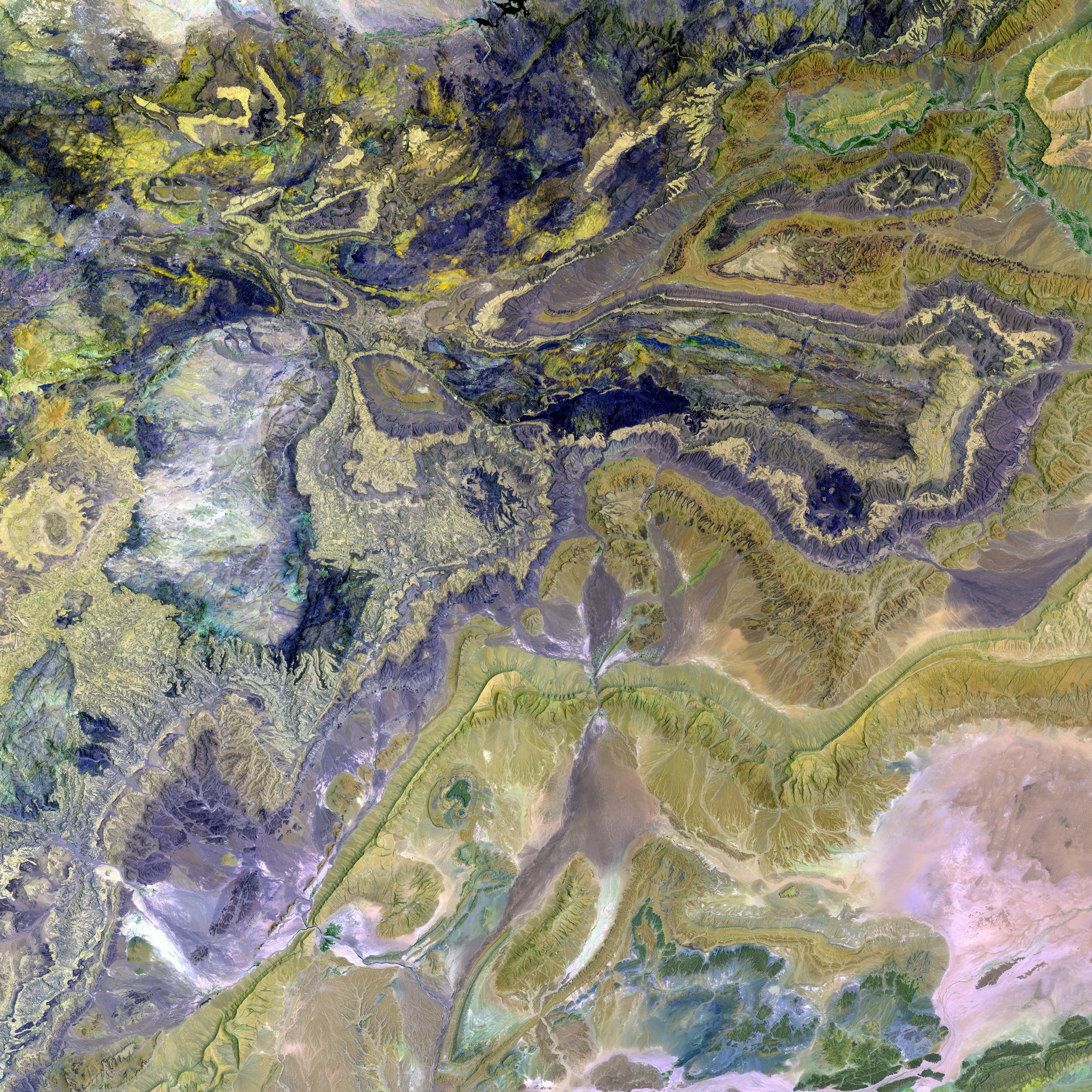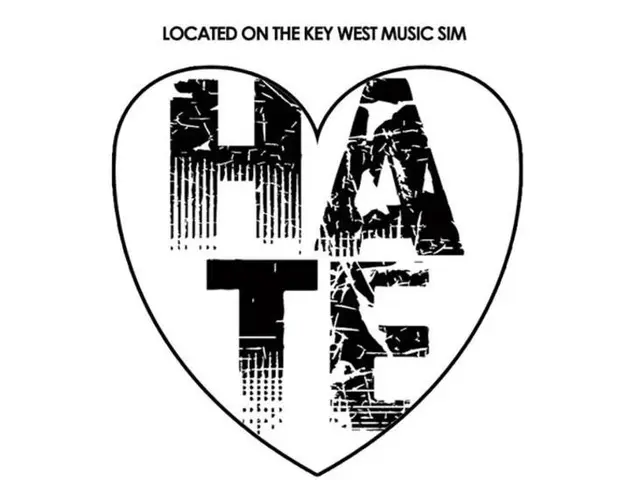Venezuela Recalls Parliament for Discussion on Anti-Discrimination, Anti-Extremist Legislation
Newswrap:
Mexico City, Mexico, August 13, 2024 - The Venezuelan Parliament has decided to postpone its recess to discuss a series of bills requested by President Nicolás Maduro. These bills aim to combat the spread of hate speech, extremist ideologies, and violence online.
"We're suspending the parliamentary recess...to approve legislation that will protect our population from social hatred, terrorism, and the dissemination of fascist ideas on social media," said Venezuela's National Assembly President, Jorge Rodríguez.
This move comes after Maduro announced the creation of a commission to combat fascism, hatred, and violence following a government cabinet meeting in Caracas on Monday. The commission will probe the role of social networks and the media in inciting unrest and justifying coup d'état efforts.
Recent unrest in Venezuela followed the July 28 election plagued by allegations of fraud by opposition leaders. Venezuela's National Electoral Council (CNE) declared Maduro the winner with 51.95 percent (6.4 million votes) compared to 43.18 percent (5.3 million votes) for US-backed opposition candidate Edmundo González. Venezuela's hardline factions rejected these results, claiming González won by a landslide.
Attorney General Tarek William Saab reported that the unrest led to 25 deaths and 192 injuries, with 97 of these being state security forces. Discontent over the election results has escalated online, with heated debates on social media and reported threats. In response, Maduro temporarily suspended Twitter and called on Venezuelans to delete WhatsApp.
Following the election, Venezuelan institutions, including the CNE, universities, and media, suffered frequent cyberattacks. Minister for Science and Technology Gabriela Jiménez reported these attacks were primarily Denial of Service (DoS) and BGP hijacking. In response, Maduro established the National Cybersecurity Council to respond to cyber threats.
The Venezuelan Electoral Council (CNE) claims to have been a victim of a hacking operation affecting vote-tallying and publishing operations. Despite this, the CNE has not made results publicly available but has handed over records to the Supreme Court of Justice (TSJ). Technology experts have called for clarity regarding the cyberattacks, as the electoral data transmission system is intended to be offline and encrypted.
The TSJ is now reviewing the election results following a request by Maduro. Almost all political parties and presidential candidates have presented themselves before the Electoral Chamber to testify and submit voting records. However, Edmundo González, the opposition candidate, has failed to comply with a judicial order to hand over the physical records in his campaign team's possession. The TSJ has yet to announce its ruling on the matter.
Source: Our Reporter in Caracas
Enrichment Insight:Pieces of the July 2024 cyberattack against Venezuelan institutions have been solved as of April 3, 2025, permitting political organizations to register candidates for the May 2025 regional elections. However, the government persists in blaming opposition figures, namely María Corina Machado, Leopoldo López, and Lester Toledo for their involvement in the attack, which they assert originated from North Macedonia. Meanwhile, hacktivist group Anonymous has conducted DDoS attacks on Venezuelan government websites since the election. These developments underscore ongoing vulnerabilities and geopolitical tensions surrounding Venezuela's electoral processes, with unresolved technical issues and persistent accusations against opposition actors.
Edited by Ricardo Vaz in Caracas.
- Amidst the ongoing political and general news in Venezuela, the Venezuelan Parliament, heeding the command of President Nicolás Maduro, has chosen to postpone its recess to discuss and approve legislation that aims to combat the dissemination of hate speech, extremist ideologies, and violence online.
- This move follows the creation of a commission by Maduro to probe the role of social networks and media in inciting unrest and justifying coup d'état efforts, in response to the disturbances that arose after the July 2024 election.
- The war-and-conflicts and crime-and-justice sectors have been significantly impacted by these events, as the unrest resulting from the election led to numerous deaths and injuries, with much of the discontent being expressed online.
- In the realm of policy-and-legislation, the Venezuelan Supreme Court of Justice is currently reviewing the election results following a request by Maduro, while political parties and candidates have presented themselves to testify and submit voting records. However, some opposition candidates, such as Edmundo González, have failed to comply with judicial orders.
- Furthermore, the politics of Venezuela continue to be influenced by external factors, as accusations persist against opposition figures like María Corina Machado, Leopoldo López, and Lester Toledo for their alleged involvement in a cyberattack against Venezuelan institutions, an attack that has been partially solved but continues to spark ongoing geopolitical tensions.








